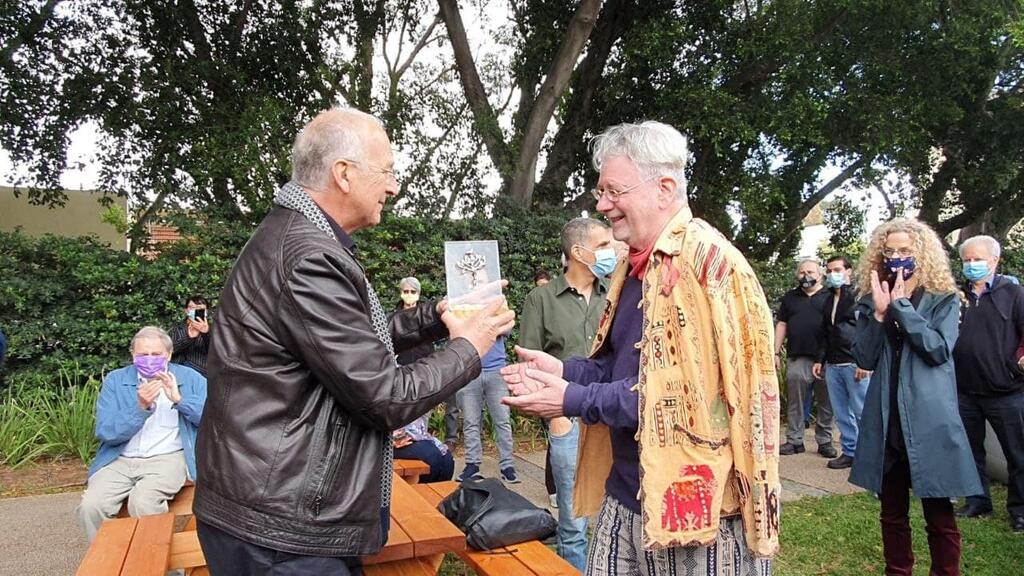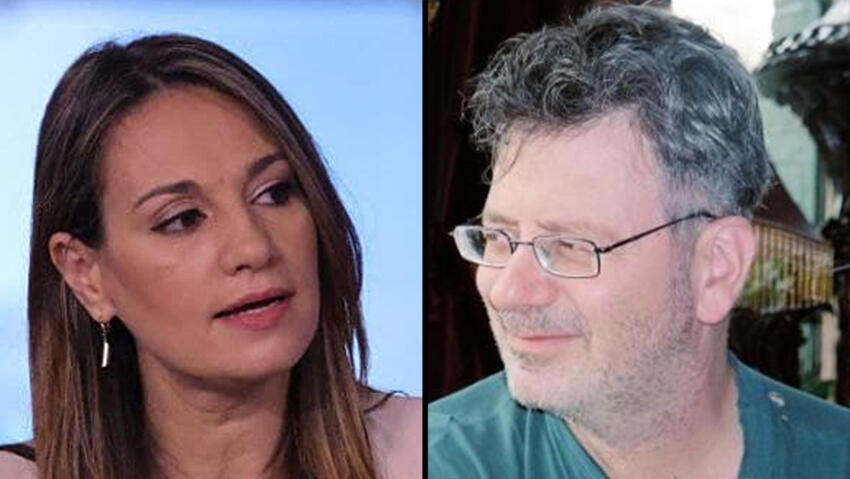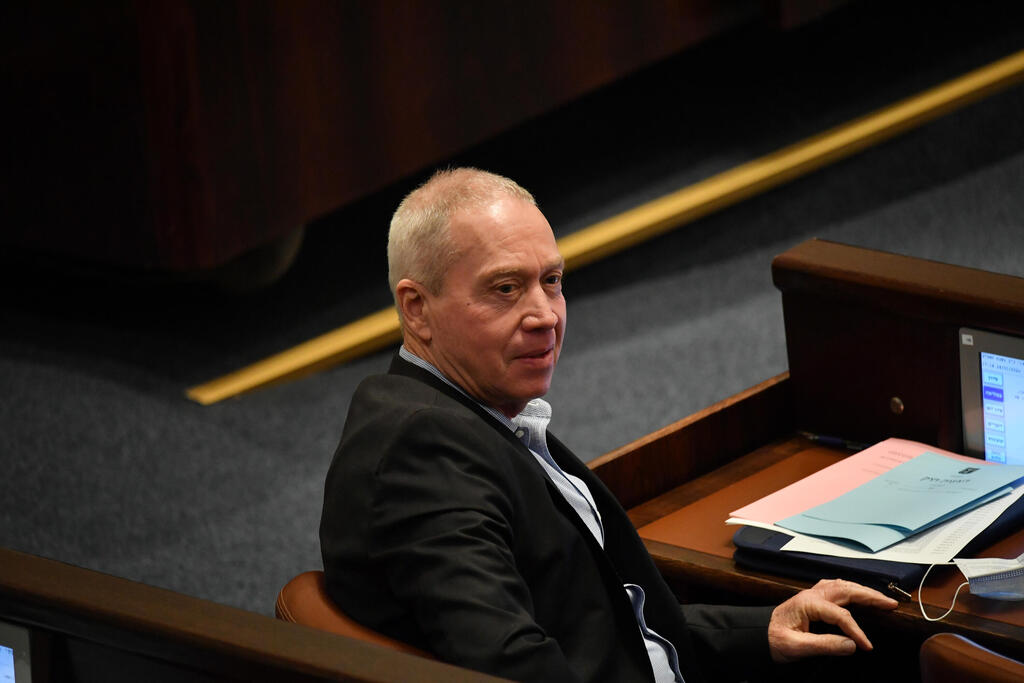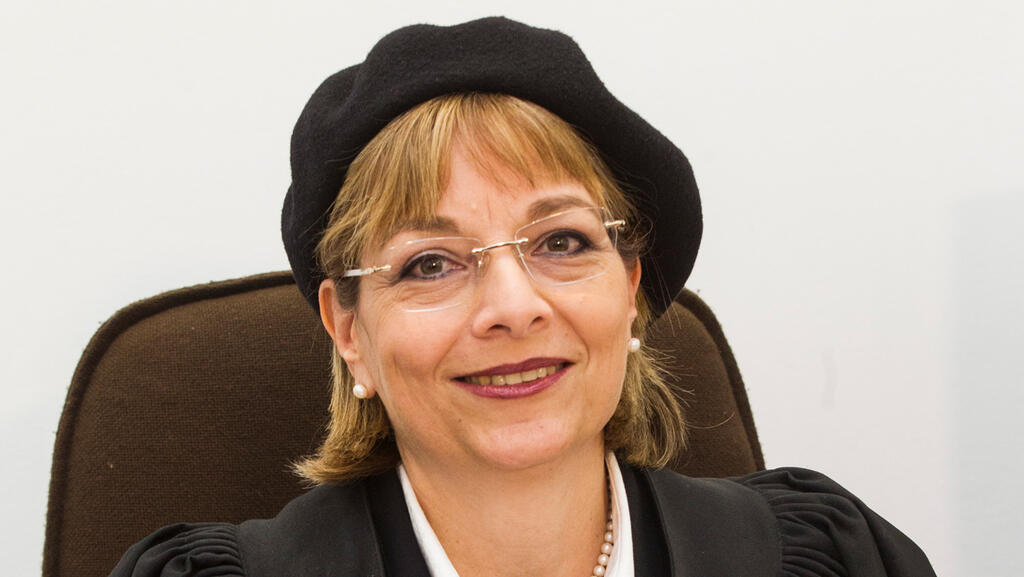The Supreme Court on Tuesday, ruled that Education Minister Yifat Shasha-Biton must act on the recommendation of the Israel Prize committee and award Professor Oded Goldreich the prize for his work in the field of mathematics and computer science.
The minister upheld her predecessors decision to deny the professor his prize for 2020/2021, after he called on the EU to halt funding for an Israeli university located in the West Bank.
Shasha-Biton's decision was appealed by the prize committee and a final ruling had now been issued.
"I hope that this [rulling] will at least slightly repair the damage caused to freedom of expression and to the prestige of the Israel Prize," Goldriech said in response.
Goldreich had signed a petition calling for the boycott of Ariel University on the West Bank, to appeal to the German Parliament to call revoke a decision to call the Boycott, Divest, Sanctions (BDS) movement, anti-Semitic.
Then-Education Minister Yoav Galant refused to award the professor a prize for his academic achievements claiming his scientific achievements were offset by his support of the BDS and his undermining of an Israeli academic research institution.
As a result, Goldreich did not participate in the Israel Prize ceremony that year but was awarded an alternative prize by colleagues in an unofficial ceremony a number of days earlier.
4 View gallery


Professor Oded Goldreich is given an alternative prize from colleagues to the one denied him by the minister Yoav Galant
(Photo: Courtesy of MK Mossi Raz (Meretz))
When Galant's decision was appealed by the prize committee, the court having received the opinion of then Attorney General Avichai Mandelblit, refused to uphold it but ruled that the next minister would ultimately decide the matter.
After Shasha-Biton refused to reverse Galant's decision, an appeal was once again put before the court.
Shasha-Biton on Tuesday said in response to the rulling that despite her disappointment with it, she would honor the court's decision.
"The Supreme Court could have decided on the matter when it was first put before it, but once it chose to pass the decision to me, it was only right that it would honor my decision," she said.
"A person who calls for a boycott of an Israeli academic institution is not worthy of a national award, regardless of his achievements, or his political views. I object to the decision of the Supreme Court, but I will honor it"
The majority opinion was written by Justice Yael Vilner, and joined by Justice Yitzhak Amit.
Vilner wrote that the court accepted the opinion of the former attorney general. She also noted that Goldreich signed a petition in which the European Union was asked to implement its policies and to refrain from collaborating with academic institutions in the West Bank, a policy, which was explicitly included in the scientific cooperation agreement signed by the Israeli government with the EU.
That agreement, which was first approved in 2014 and then again last December, stated that Israel agreed to exclude the West Bank from any cooperation with the EU.
In her verdict, Vilner wrote the Israel Prize was given based on obvious professional considerations, and determined that non-professional considerations, such as the statements of candidates in the context of moral values, may only be relevant in extreme cases.
She also wrote that in the past, the prize was awarded to candidates due to their professional achievements and despite offensive and outrageous statements on their part and that the case before the court constituted the first time in which an Education Ministers decides to reject the recommendations of the prize committee on the basis of non-professional considerations.
Justice Noam Sohlberg - a conservative appointment made by then Justice Minister Ayelet Shaked, wrote in his minority opinion that there was no legal cause for the court's intervention in the decision of the Education Minister.
"Even if the court genuinely believes that a better, smarter, or more appropriate decision could have been made by the minister, it should not be allowed to reverse her decision."
First published: 16:01, 03.29.22




